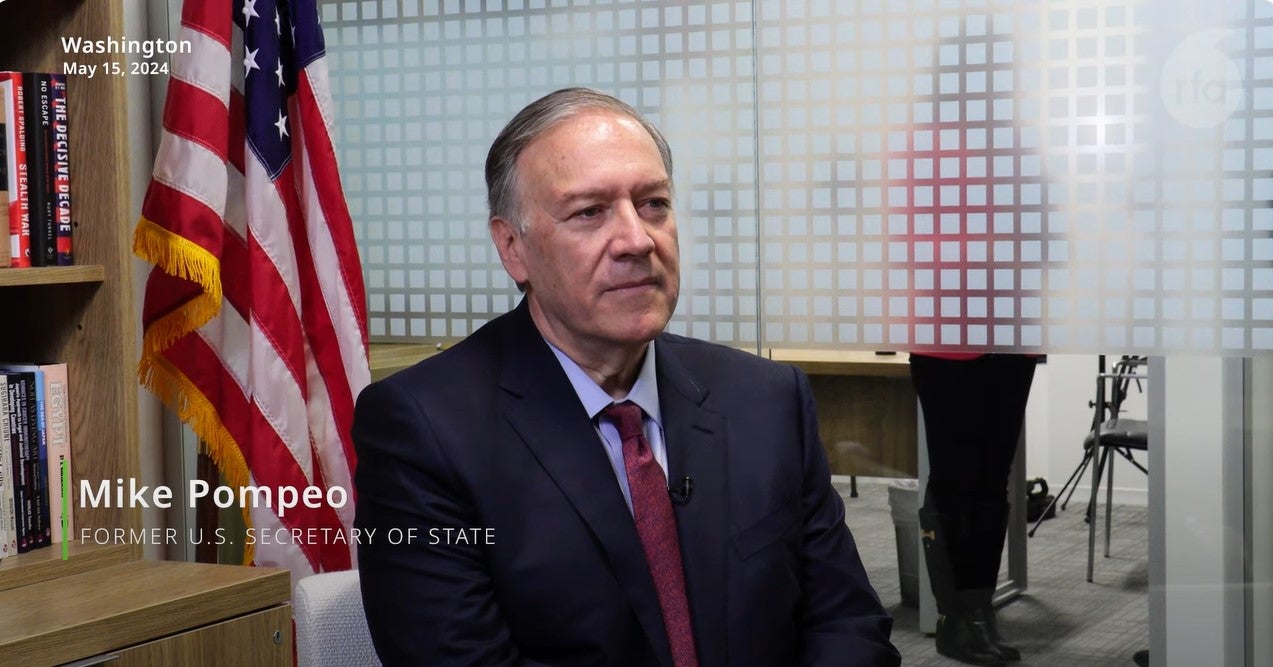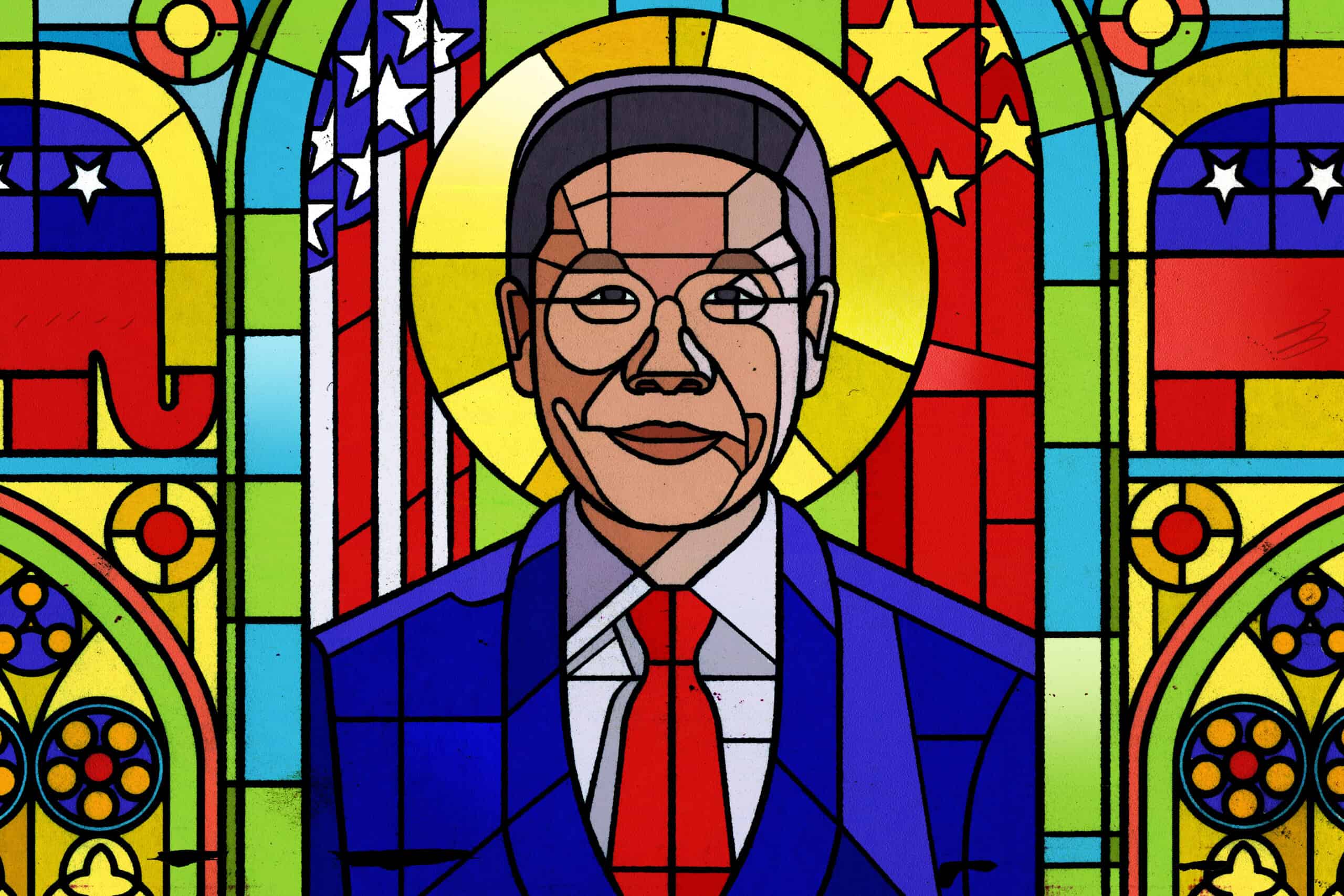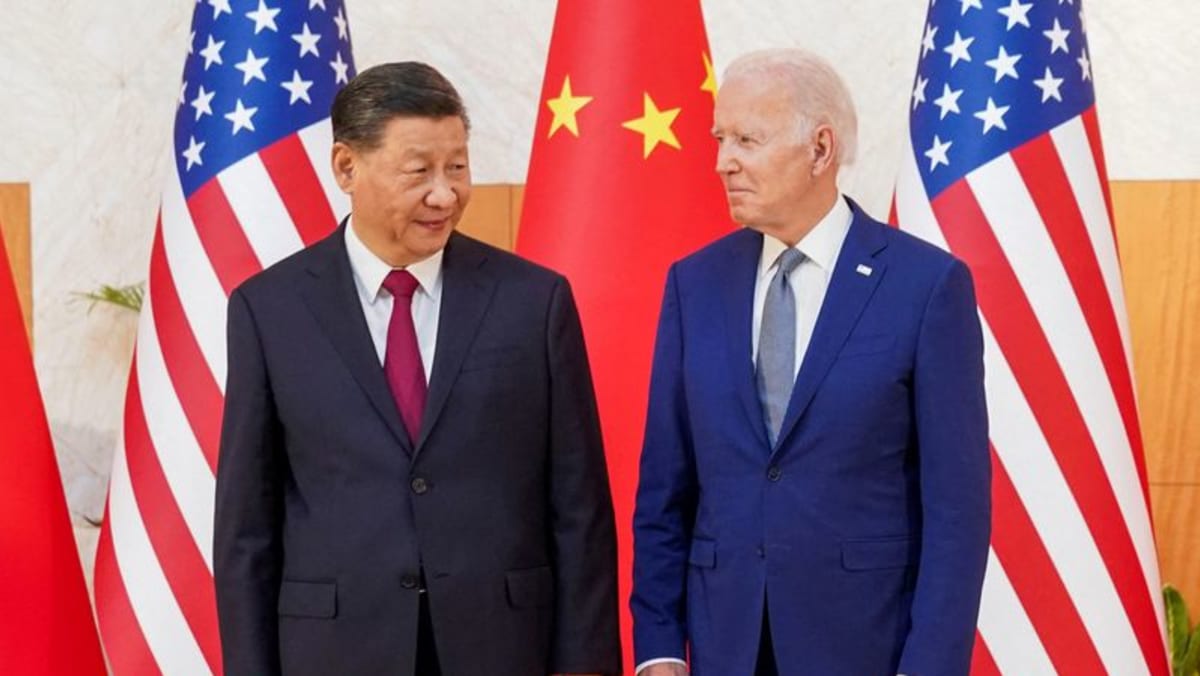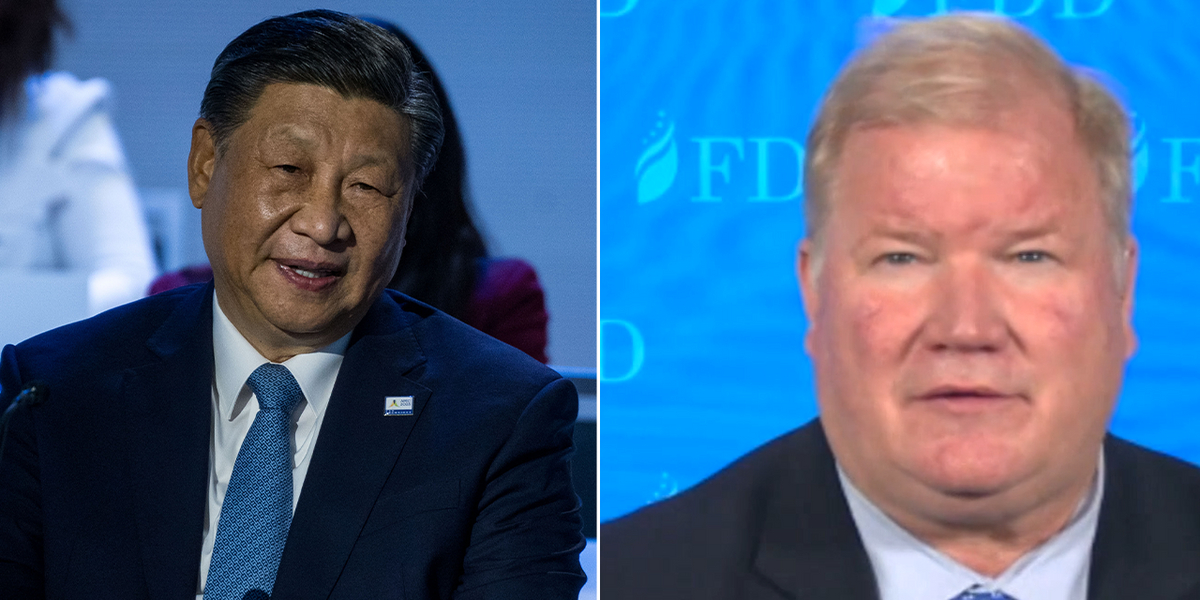







China's support for Russia is a concerning development that has significant implications for Hong Kong and Taiwan, according to former U.S. Secretary of State Mike Pompeo [b672c83c]. Pompeo criticizes the Chinese Communist Party (CCP) for violating Hong Kong's autonomy and providing material assistance to Russia's invasion of Ukraine [b672c83c]. He expresses concern about the threat posed by the China-Russia alliance and emphasizes the importance of Taiwan's independence for regional stability [b672c83c]. Pompeo believes that Hong Kong is unlikely to be revived under Xi Jinping's leadership and calls for a response from the U.S. government to protect information providers from Chinese Communist Party influence [b672c83c].
China's increasing support for Russia comes at a time when tensions are already high in the region due to China's pressure on Taiwan [89450ebe]. The upcoming elections in Taiwan are seen as crucial for the country's future, and both major political parties, the Kuomintang (KMT) and the Democratic Progressive Party (DPP), are urged to align themselves with the U.S. and strengthen their defense capabilities to deter China [89450ebe]. Taiwan's foreign ministry believes that U.S. support for Taiwan will remain unchanged regardless of the outcome of the presidential election [f1476805]. The ministry notes that there is cross-party support for Taiwan and that it will continue to have balanced exchanges with both parties [f1476805]. However, it also emphasizes the need to be cautious of Taiwan-China issues being manipulated as a political issue during the election [f1476805]. U.S. Congressman Jack Bergman, along with other members of Congress, visited Taiwan to show continued support and discuss shared goals in countering China's aggressive actions in the region [f1476805].
The erosion of Hong Kong's autonomy since 2020 is a significant concern with implications for the United States [b3d32099]. According to a report by the Center for Strategic and International Studies, an authoritarian turn in China under Xi Jinping has significantly eroded Hong Kong's 'high degree of autonomy' [b3d32099]. The report suggests that the U.S. government should reevaluate its current approach to Hong Kong and consider alternative policies [b3d32099]. The erosion of Hong Kong's autonomy is a result of China's increasing control and influence over the region, which has raised concerns about the protection of human rights and the rule of law [b3d32099].
Crosby Textor, an Australian political consultancy, has been revealed to have provided advice to pro-Beijing officials in Hong Kong [6938948a]. The consultancy's advice was used ahead of a crucial election and the implementation of national security laws [6938948a]. The research was organized by Our Hong Kong Foundation and paid for by Chow Tai Fook, the conglomerate that owns Alinta Energy [6938948a]. This revelation sheds light on the influence of external actors in shaping the political landscape in Hong Kong.
Wu Tingfang, a former Hong Kong court translator, became China's first English-speaking minister to the United States from 1897-1902 [82081268]. He played a pivotal role in US-China relations during a crucial time for China's survival as a state [82081268]. Wu's bicultural education and experience as a translator in Hong Kong's colonial police courts prepared him for his diplomatic role [82081268]. He had a high-honors law degree from London's Lincoln's Inn and was appointed to non-elected positions in the Hong Kong legislative council and as the colony's first Chinese police magistrate [82081268]. Wu joined the Chinese imperial government in Tientsin (modern-day Tianjin) and quickly rose in the Chinese bureaucracy [82081268]. He played a key supporting role in negotiating the settlement of the first Sino-Japanese war, served as a director of Tientsin University, and managed China's first commercial railway [82081268]. Wu became the first foreign-educated Chinese to be placed in a major diplomatic position [82081268]. In Washington, Wu impressed with his mastery of English and his open and social nature [82081268]. He established strong personal and professional ties with US Secretary of State John Hay and President William McKinley [82081268]. Wu's public diplomacy and popularity in America proved crucial during the Boxer Rebellion, where he helped ensure that the US did not join European countries in punishing and partitioning China [82081268]. Wu also rallied against the renewal of the Chinese Exclusion Act, but faced opposition and attacks in the US press [82081268]. After close to five years in the US, Wu was recalled to Peking and later rose to become foreign minister and acting prime minister in the Chinese Republican government [82081268]. He died in 1922 at the age of 82 [82081268].
The impact of China's support for Russia and its implications for Hong Kong and Taiwan are significant factors in the U.S.-China relationship [b672c83c] [89450ebe]. The U.S. security portrayal of China is not simply black and white, and the relationship between the two countries will likely remain competitive [8318273b]. Despite disagreements and growing mistrust, cooperation may still occur between the U.S. and China as long as there are payoffs and structures in place [8318273b]. It is important to dispel myths about the U.S.-China relationship to avoid self-fulfilling prophecies [8318273b].
Pastor Bob Fu, an influential Chinese pastor, has also played a role in shaping the U.S.-China relationship [3ecdc638]. His presence at the National Prayer Breakfast in Washington, D.C. highlights the significance of religion in the context of the U.S.-China rivalry [3ecdc638]. Fu's views on the Chinese Communist Party and his efforts to raise awareness about religious persecution in China have contributed to the ongoing discourse on the U.S.-China relationship [3ecdc638].
Overall, the U.S.-China relationship is complex and multifaceted, with various factors such as China's support for Russia, tensions in Hong Kong and Taiwan, the erosion of Hong Kong's autonomy, external influences, and historical figures like Wu Tingfang shaping the dynamics between the two countries [b672c83c] [89450ebe] [3ecdc638] [b3d32099] [6938948a] [82081268].